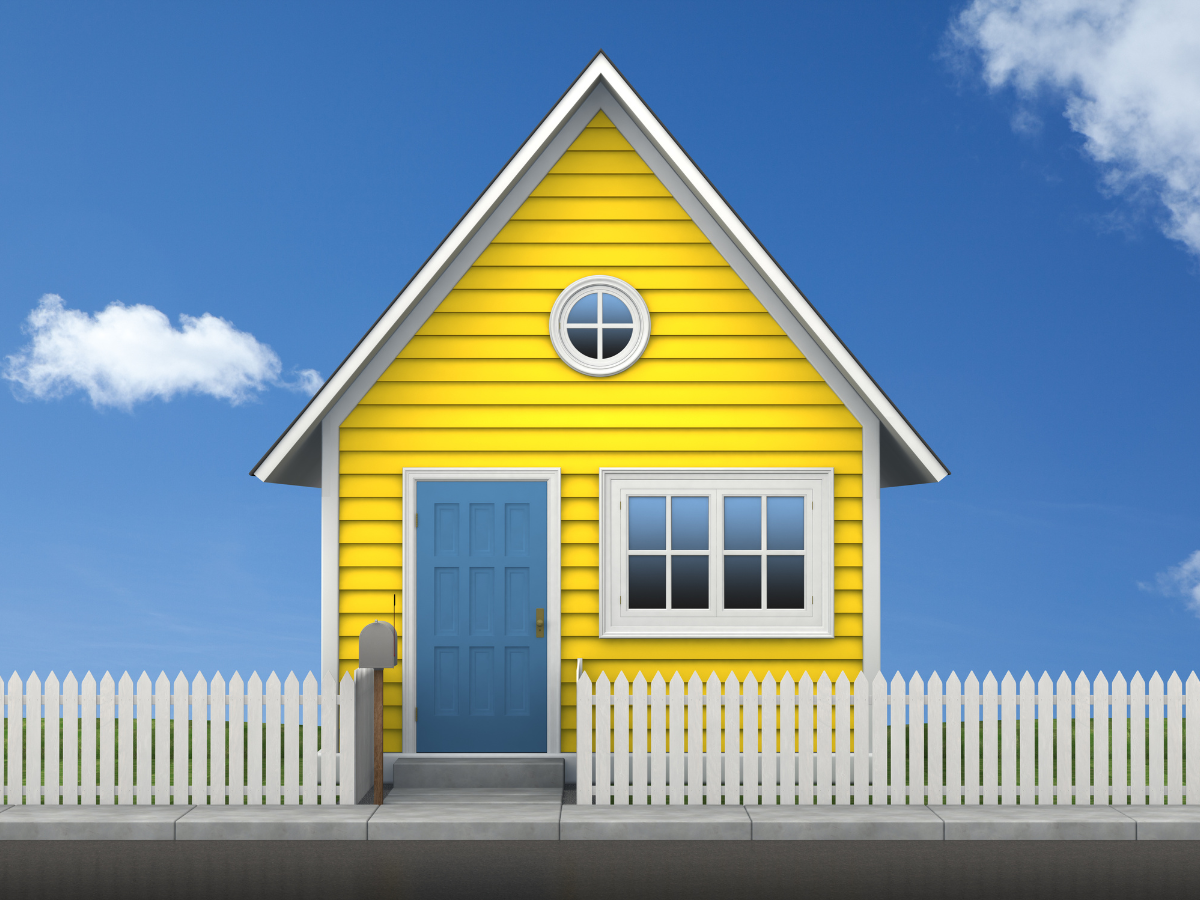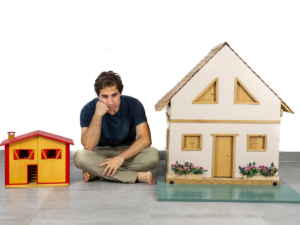Let's Explore Pros and Cons of Tiny Homes
In recent years, the tiny home movement has gained considerable traction, captivating the imaginations of those seeking a simpler, more sustainable way of living. These compact dwellings, often ranging from 100 to 400 square feet, offer an alternative to traditional housing models, promising affordability, minimalism, and environmental friendliness. However, like any housing option, tiny homes come with their own set of advantages and drawbacks. In this exploration, we delve into the pros and cons of tiny homes, shedding light on whether these pint-sized abodes truly offer a viable solution to modern housing challenges.
Pros of Tiny Homes:
- Affordability: One of the most appealing aspects of tiny homes is their affordability. With lower construction costs and reduced maintenance expenses, tiny homes offer a more accessible entry into homeownership, making the dream of owning a home a reality for many who might otherwise be priced out of the market.
- Simplified Living: Tiny homes encourage a minimalist lifestyle, prompting residents to prioritize experiences over possessions. By downsizing their living space, occupants are compelled to declutter their lives, focusing on what truly matters and reducing their ecological footprint in the process.
- Mobility and Flexibility: Unlike traditional homes, tiny houses are often built on wheels, allowing for greater mobility and flexibility. This mobility appeals to adventurers, digital nomads, and those who wish to embrace a more transient lifestyle, enabling them to take their homes wherever their wanderlust leads.
- Environmental Sustainability: Tiny homes are inherently more eco-friendly than their larger counterparts. Many tiny home designs prioritize sustainability through features like solar panels, composting toilets, and use of recycled materials. With their smaller size and efficient design, tiny houses consume fewer resources, require less energy to heat and cool, and generate fewer carbon emissions. Additionally, many tiny homeowners opt for sustainable building materials and renewable energy solutions, further reducing their environmental impact.
Cons of Tiny Homes
- Limited Space: While the compact nature of tiny homes can be liberating for some, it can also feel constraining for others. With limited square footage, storage space, and room for amenities, tiny houses may not be suitable for individuals or families who require more space to live comfortably.
- Zoning and Legal Restrictions: Despite their growing popularity, tiny homes still face regulatory hurdles in many areas. Zoning laws, building codes, and minimum size requirements can pose significant challenges for those looking to establish a tiny home community or live in a tiny house full-time. Navigating these legal complexities can be time-consuming and costly, deterring potential tiny homeowners.
- Lack of Resale Value: Tiny homes may not appreciate in value at the same rate as traditional homes, and their niche market appeal can make resale challenging. Moreover, financing options for tiny homes may be limited, making it difficult for buyers to secure loans or mortgages for these unconventional properties.
- Social Stigma: Despite the growing acceptance of tiny homes, some still view them as quirky or unconventional living arrangements. This social stigma can deter individuals from embracing the tiny house lifestyle, fearing judgment or criticism from friends, family, or society at large.
In Conclusion, Tiny homes represent a compelling alternative to conventional housing, offering affordability, sustainability, and a simpler way of life. However, they also come with their own set of challenges, including limited space, regulatory obstacles, and social stigma. As with any housing decision, prospective tiny homeowners must carefully weigh the pros and cons to determine whether a tiny house aligns with their values, lifestyle, and needs. Ultimately, while tiny homes may not be the perfect solution for everyone, they undeniably spark important conversations about housing affordability, environmental sustainability, and the meaning of home in an increasingly complex world.




